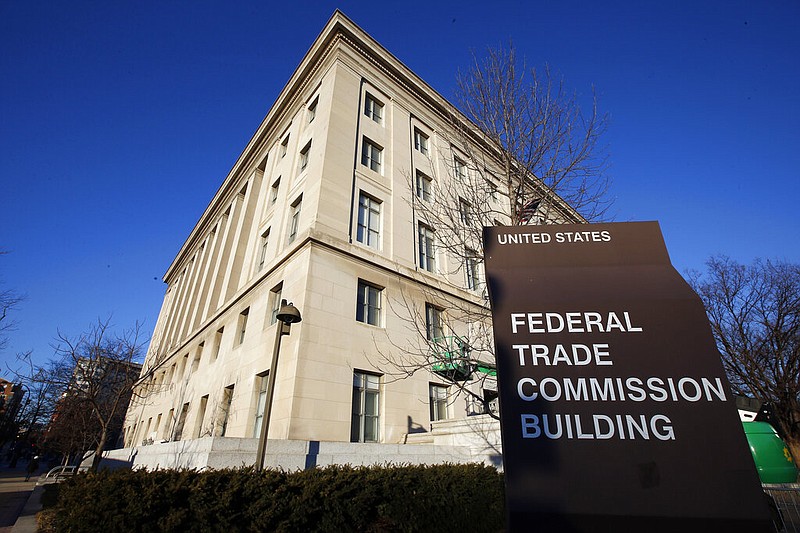The Federal Trade Commission in conjunction with the state of Arkansas has filed a lawsuit against an organization targeting African-American communities using a pyramid scheme during the pandemic.
According to the case summary filed Wednesday, LaShonda and Marlon Moore operated an illegal pyramid scheme out of Prosper, Texas, called "Blessing in No Time," or BINT Operations LLC, causing millions of dollars in losses.
Arkansas Attorney General Leslie Rutledge said in a news release Thursday that "this lawsuit is a continuation of my office's law enforcement sweep against illegal pyramid schemes organized or operating in Arkansas."
"My office will not stand by and allow scammers to exploit Arkansas's tight-knit communities or financial fears to deceive consumers into falling for get-rich-quick schemes," she said.
The Moores solicited money from people by falsely promising investment returns of up to 800%, the lawsuit states, and investors in the scheme were paid with money from other participants.
According to FTC Bureau of Consumer Protection acting Director Daniel Kaufman, the scheme targeted the Black community.
"The covid-19 pandemic attacked Americans' health and their wallets," Kaufman said. "These scammers, who specifically targeted Black communities, used false promises of wealth to deceive consumers out of money at a time that Americans could least afford to lose it."
LaShonda and Marlon Moore kept participants from posting anything about BINT online by threatening that the participants would forfeit their investments if they did so, the suit says.
"This prohibition has prevented aggrieved consumers from alerting other consumers that BINT has not been a legitimate enterprise," the lawsuit states.
To participate in the operation, a $1,400 minimum investment was required, reports say. Some members invested more than $60,000, and no services or products were offered in exchange, according to reports. The couple promised investors that the program would allow participants to achieve financial freedom and grow generational wealth, according to the attorney general's news release.
Authorities reportedly are pursuing redress for injured consumers and civil penalties like a potential fine of $10,000 for each violation of the Arkansas Deceptive Trade Practices Act.
Arkansas is not the only state pursuing legal action. Texas Attorney General Ken Paxton filed a lawsuit Tuesday, citing victims in Texas, Mississippi and Georgia, and said in a news release that the operation also exploited people's religious beliefs.
"BINT scammed Texans out of money by exploiting their deeply-held religious faith during a national crisis. This is despicable behavior, and BINT will be prosecuted to the full extent of the law," Paxton said.
The Texas lawsuit also refers to a "BINT Bible" with rules requiring participants to respond to organization requests within a business day, check in on a chat with others twice per day, invite others into the scheme, to be African-American and not post about the operation on social media.
So far, Mississippi and Georgia have not followed Texas and Arkansas in filing lawsuits.

